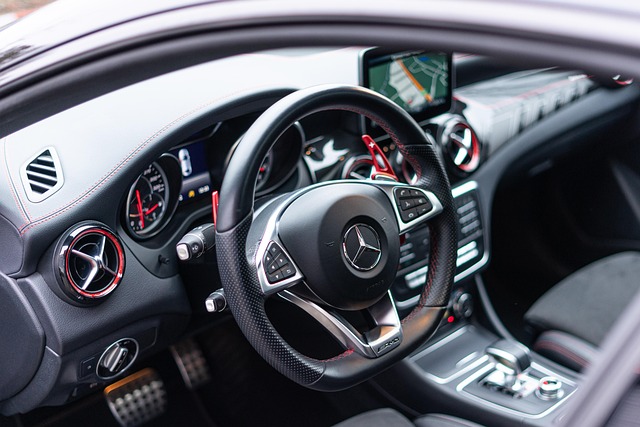Discover the power of Toyota’s PCP (PCP Claims or PCP Plan) and how it can enhance your vehicle ownership experience. This article guides you through the intricacies of understanding and maximizing your benefits under this program. We’ll explore what PCP claims are, break down the process of making a PCP claim in the UK, and highlight key advantages and considerations for Toyota PCP owners. Optimize your journey with Toyota’s flexible financing options.
- Understanding Toyota PCP (PCP Claims)
- How to Make a PCP Claim in the UK
- Benefits and Considerations for Toyota PCP Owners
Understanding Toyota PCP (PCP Claims)

Toyota PCP (PCP Claims) refers to a leasing arrangement where a customer leases a vehicle from a dealership over a fixed period, with regular payments. At the end of the lease term, the customer has several options, including returning the vehicle, purchasing it at a predetermined price, or trading it in for a new lease. This flexible model is popular among drivers who want to drive a new Toyota every few years without committing to long-term ownership.
In the UK, PCP claims relate to the process of making insurance claims on leased vehicles. If an insured driver is involved in an accident while driving a Toyota on a PCP lease, they should follow specific procedures for claiming through their insurer. This typically involves notifying the leasing company and providing all necessary information about the incident to facilitate a swift resolution, ensuring minimal disruption to their lease agreement.
How to Make a PCP Claim in the UK

Making a PCP (Private Car Purchase) claim in the UK is a straightforward process when you understand the steps involved. Firstly, ensure your vehicle is eligible for a PCP claim; this usually includes cars that have been owned and used privately for less than 12 months and have not exceeded 60,000 miles. Next, gather all necessary documents, such as the V5C registration certificate, proof of purchase, and any maintenance records.
When ready, contact your insurance provider or broker to initiate the PCP claim. They will guide you through the process, which typically involves completing an online form or providing them with the required documentation. After submission, the insurer will assess your claim, verifying the vehicle’s details and condition. Upon approval, they will arrange for the appropriate reimbursement or write off, depending on the agreed terms of your policy.
Benefits and Considerations for Toyota PCP Owners

Toyota PCP owners enjoy several benefits that make their vehicle ownership experience unique and rewarding. One of the key advantages is the flexibility offered by this lease-to-own program. This allows drivers to build equity in their vehicle while enjoying lower monthly payments compared to traditional car loans, making it an attractive option for those looking to save on initial costs. Additionally, PCP provides the opportunity to upgrade to a new Toyota model after each contract period, keeping owners at the forefront of automotive technology and design.
When considering PCP claims UK, it’s crucial to be aware of both benefits and potential drawbacks. While this financing method offers affordability and vehicle upgrades, owners should understand their obligations. PCP contracts typically involve higher total cost of ownership due to excess mileage charges and final balloon payment. It’s essential for Toyota PCP owners to manage their payments diligently, keep track of mileage, and familiarize themselves with the terms and conditions to ensure a smooth experience throughout the program.
Toyota PCP owners can benefit greatly from understanding and utilizing their PCP claims. By familiarizing themselves with the process, as outlined in this article, they can ensure smooth handling of any vehicle issues or repairs. Making a PCP claim in the UK is a straightforward process, and the benefits, including potential cost savings and peace of mind, are significant. Remember, when it comes to PCP claims, knowledge is power, enabling owners to navigate their policy effectively and keep their vehicles on the road.
